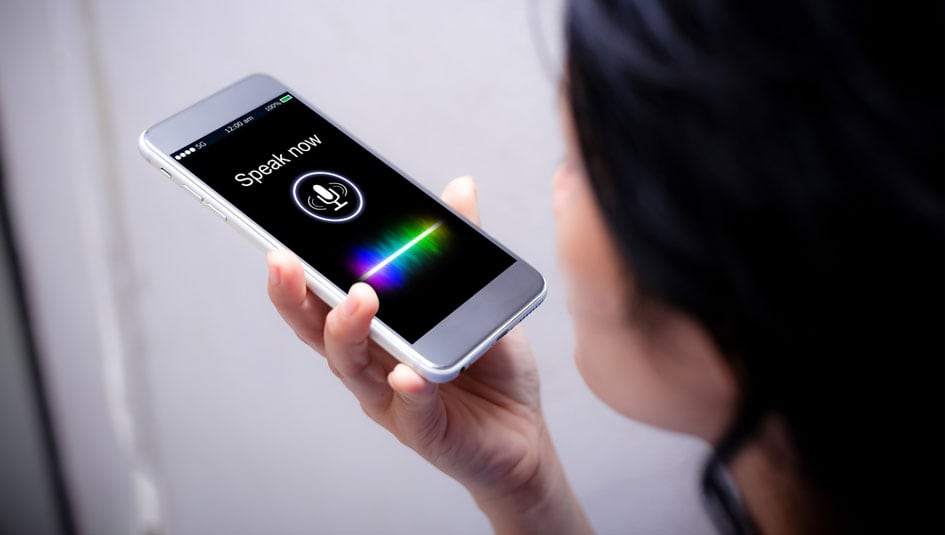Speech Recognition Software Improves Bolus Calculation, Another Study Suggests

Researchers in Warsaw recently found that users of VoiceDiab, a system that uses speech recognition to transcribe information about meals for insulin delivery systems, had better postprandial glucose levels after two hours than peers without the system. The study, which was published on January 8, 2018 in the Journal of Diabetes, was conducted by Dr. Piotr Foltynski of the Nalecz Institute of Biocybernetics and Biomedical Engineering at the Polish Academy of Sciences. Foltynski and his colleagues explained that such systems and software applications present a significant technological opportunity, since they reduce errors in bolus dose calculation for patients who use bolus calculators.
The researchers explained that many individuals living with diabetes do not modify meal boluses based on the amount or composition of food products in each meal. This can lead to unstable and potentially harmful blood glucose levels in the short and long term. “Low numeracy is associated with poor diabetes control; therefore, the use of bolus advisors may bring benefits to the patients.”
The VoiceDiab system used in the study has various components. First, it uses an Android smartphone with an app that communicates with three servers. Those three servers collaborate to recognize speech, transform speech from verbal descriptions of meals into text, analyze the textual description to determine the composition (fats, proteins, carbohydrates), and calculate the insulin dose using an algorithm.
Foltynski’s study included 44 adults with type 1 diabetes who were treated with continuous subcutaneous insulin infusion. For four days, roughly half of these adults were equipped with the VoiceDiab system to support bolus calculation. For the remaining group, those patients and/or their caregivers were responsible for bolus calculations. After a 14-day break, both groups switched and completed another four-day trial. On average, patients used the system 6.1 times daily.
The results showed that the speech recognition technology increased the chances of patients’ being in range (between 70 mg/dL and 180 mg/dL) at the two-hour mark. 58.6% of those using the software were in range, compared to 46.6% of those without the technology. Furthermore, the researchers did not observe significant differences in durations of hypoglycemia or hyperglycemia between groups. Neither did they note variations in the range of glucose levels or in mean glucose level. According to the researchers, this suggests that the “VoiceDiab system allows improving postprandial glucose control without increasing the time of hyper- or hypoglycemia, and therefore, it seems to be a promising tool for use by patients with diabetes treated with insulin.”
This study complements a 2017 study published in the Journal of Diabetes Technology, which performed a qualitative analysis of patients’ experiences in a pilot scheme of the VoiceDiab software. The purpose of that previous study was to assess the potential of the application before its full development, as well as to determine areas for improvement and modification. The sample group included 54 patients with Type 1 diabetes using insulin pump therapy. Ages ranged from 3-52 years. Patients and caregivers completed a questionnaire and responded open-ended questions with their opinions.
Approximately 40% of participants assessed the application’s usefulness as “high.” Roughly 70% identified the application as “easy to use.” In the open-ended section, participants noted advantages, such as enhanced quality of life, guarantee of thorough calculations, improved metabolic control, and more.
Sources:
ncbi.nlm.nih.gov
onlinelibrary.wiley.com
healio.com
Do you have an idea you would like to write about for Insulin Nation? Send your pitch to submissions@insulinnation.com.
Thanks for reading this Insulin Nation article. Want more Type 1 news? Subscribe here.
Have Type 2 diabetes or know someone who does? Try Type 2 Nation, our sister publication.